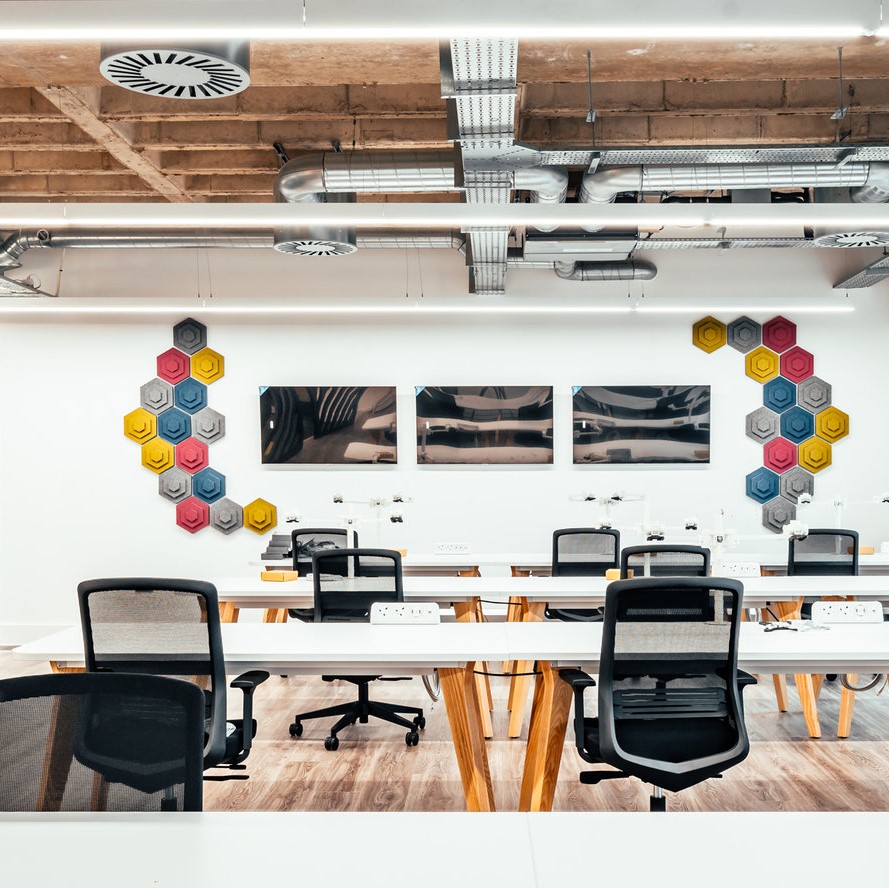June 27, 2019
Promotion: How a Yorkshire firm is transforming the way we work
 What is it that makes (some of) us bound into work, bright-eyed and bushy-tailed, in the morning? Is it the promise of a proper coffee from the barista-style machine so many modern offices and studios now boast? Or could it simply be the chance to catch up with a favourite colleague? For many, it may be the lure of work itself that gets them out of bed. Few of us will hum merrily on our morning commute, though, contemplating the comfort of our office chair, or daydreaming about taking five minutes to enjoy the calming ambience of the breakout area. A West Yorkshire-based company specialising in acoustic design is making huge strides to change our attitudes about the workplace, though. After all, why shouldn’t we feel at home in the office? More →
What is it that makes (some of) us bound into work, bright-eyed and bushy-tailed, in the morning? Is it the promise of a proper coffee from the barista-style machine so many modern offices and studios now boast? Or could it simply be the chance to catch up with a favourite colleague? For many, it may be the lure of work itself that gets them out of bed. Few of us will hum merrily on our morning commute, though, contemplating the comfort of our office chair, or daydreaming about taking five minutes to enjoy the calming ambience of the breakout area. A West Yorkshire-based company specialising in acoustic design is making huge strides to change our attitudes about the workplace, though. After all, why shouldn’t we feel at home in the office? More →






 Employees trust their CEOs less than they did seven years ago, although trust in line managers remains the same, new research claims. It also suggests that one of the reasons for mistrust is that CEOs seem unable to understand the role of their employees and the contributions they make to working culture. According to Trust in Leaders, by The Institute of Leadership & Management, workers trust their CEOs considerably less than they did in 2011, as compared to then, the results show trust in CEOs has fallen by 8 percent.
Employees trust their CEOs less than they did seven years ago, although trust in line managers remains the same, new research claims. It also suggests that one of the reasons for mistrust is that CEOs seem unable to understand the role of their employees and the contributions they make to working culture. According to Trust in Leaders, by The Institute of Leadership & Management, workers trust their CEOs considerably less than they did in 2011, as compared to then, the results show trust in CEOs has fallen by 8 percent.

























June 25, 2019
Office furniture firms take their partners
by Colin Watson • Comment, Furniture, Workplace design